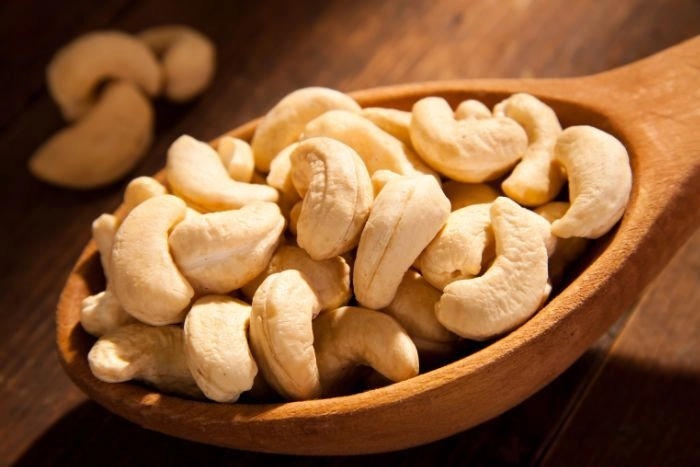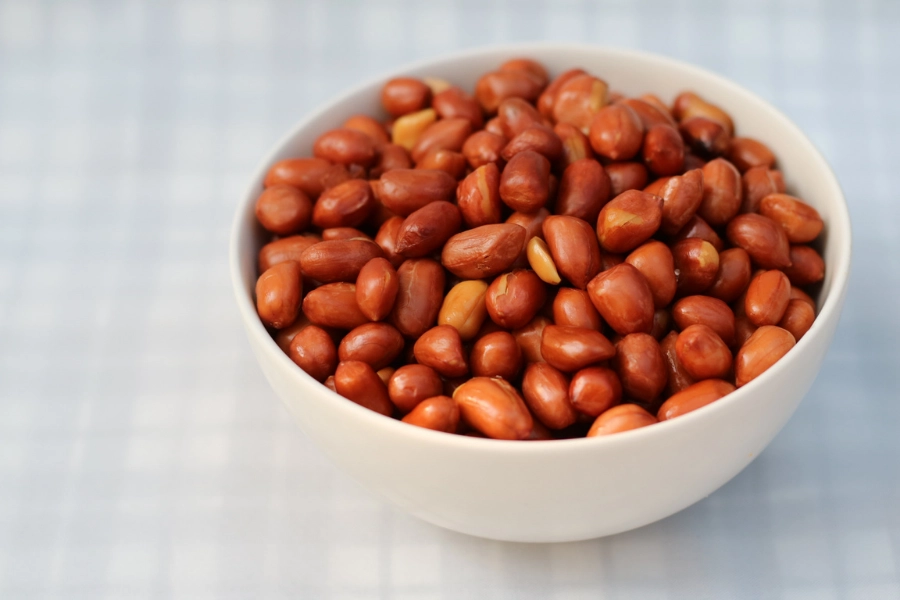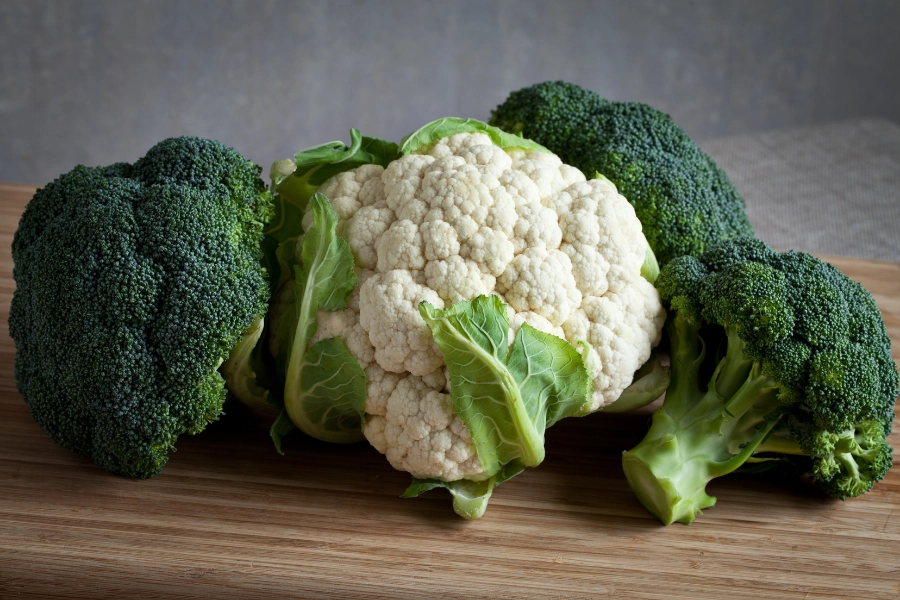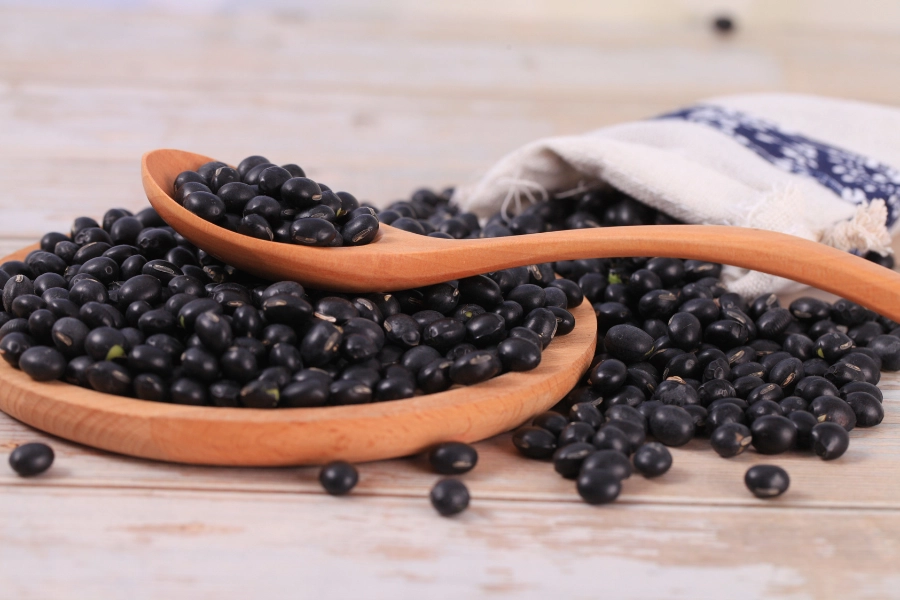Vitamin C not only strengthens the immune system, but also helps produce collagen, promotes iron absorption, and has an anti-oxidant effect. However, do you know how to eat it to make it effective? Here are 12 foods high in vitamin C, as well as some practical supplement suggestions.
We often hear that we need to take vitamin C, but do you know why you need to take it? In addition to taking health foods to supplement vitamin C, there are also foods rich in vitamin C that you can eat! The following will tell you about the natural food sources of vitamin C, its benefits and practical taboos, and the intake amount...
Foods Rich in Vitamin C
In addition to taking health foods and supplements, vitamin C can also be taken from natural foods! The following are some fruits and vegetables that are rich in vitamin C for your reference:
- Acerola
- Guava (especially red heart guava)
- orange
- lemon
- Orange
- kiwi
- strawberry
- litchi
- Toon
- cauliflower
- Bitter Melon
- spinach
10 Benefits of Vitamin C
Vitamin C, also known as vitamin C and ascorbic acid, is an antioxidant and an important water-soluble vitamin in the human body. However, because vitamins are soluble in water, they cannot be stored in the human body for a long time. They need to be supplemented every day to avoid vitamin deficiency! The source of supplementation can be obtained from supplements or natural ingredients. The following are the effects of vitamins on the human body.
- Antioxidant
- Inhibit melanin
- Collagen synthesis
- Maintain blood vessel elasticity
- Helps wounds heal
- Helps iron absorption
- Anti-inflammatory
- Assists in the production of immunoglobulins
- Improve immunity
- Fighting tension and stress
Recommended intake of vitamin C
According to the Ministry of Health and Welfare, the minimum recommended daily intake of vitamin C for adults is 100 mg, and the upper limit per day is 2000 mg. Excess vitamin C will be excreted from the body with urine, but it should be noted that excessive or insufficient intake of vitamin C can be harmful to the body!

What should not be taken with vitamin C?
- Avoid taking tea, coffee and other beverages at the same time
as taking vitamin C. If you use these beverages at the same time, it may accelerate the excretion of vitamin C from the body. If you want to use them, please separate them by at least one hour.
- People who take certain medications for a long time,
such as aspirin, sulfonamides, or hormones (contraceptives, calcitonin, corticosteroids), will consume a large amount of vitamin C or interact with vitamin C and hinder the absorption of vitamin C, so they need to pay more attention.
Risks of Vitamin C Deficiency
- Inflammatory and bleeding gums
- Muscle soreness
- Difficulty healing of wounds
- Frequent colds
- Dry skin and lack of elasticity
- Subcutaneous hemorrhage, dark spots, and ecchymosis

Who needs vitamin C?
After reading the effects of vitamin C, there are basically the following types of people who particularly need it to supplement their body nutrition:
- People living in areas with more severe air pollution
- People who are under long-term high-pressure environment
- Picky eaters or those who eat out
- People who have the habit of smoking
- Burn and surgical patients
Extended reading
"When to take probiotics"? The correct way to take probiotics & when to take them most effectively, tell you the precautions when taking probiotics
The key to fast fat burning! 3 ways to "boost metabolism", in addition to muscle building and sleep, you should also take more of this!
💌This article is reprinted from Women's Health website Do you like this article? Or what information do you want to know? Welcome to leave us a message!

想要瘦並沒有這麼難!先掌握基本觀念,就能直覺地實現瘦身目標。





